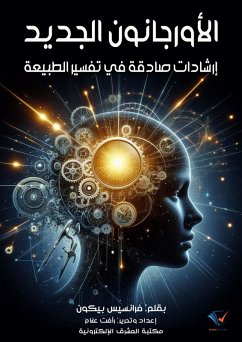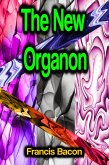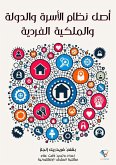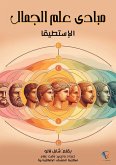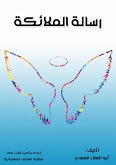The book "The New Organon" by Francis Bacon constitutes a fundamental pillar in the edifice of his philosophy, and represents a serious attempt to rebuild the edifice of human knowledge again. The book gains special importance because it is the second part of Bacon's huge project, "The Great Revival," which he planned in six parts, but only this part was completed, along with his previous book, "The Advancement of Science," which he considered the first part of the project. Through this work, Bacon aims to establish new rules for scientific thinking, moving away from the Aristotelian approach based on syllogisms, and focusing towards the experimental approach that takes observation and experimentation as two basic tools for understanding and controlling nature. The title of the book, "The New Organon," is a clear declaration of a break with the past of philosophy, as Bacon challenges Aristotle's "Organon," which dominated scientific thinking for centuries, to establish in its place a new "Organon" based on different foundations based on experience and observation. The "New Organon" is divided into two parts, one of which is negative, in which Bacon reveals the "delusions of the mind" that prevent man from reaching true knowledge, and summarizes them in the "four illusions": the illusions of the tribe, the illusions of the cave, the illusions of the market, and the illusions of the theater. The second section is positive, in which Bacon presents his "new scientific method," which is known as the method of "scientific induction."
Dieser Download kann aus rechtlichen Gründen nur mit Rechnungsadresse in A, B, BG, CY, CZ, D, DK, EW, E, FIN, F, GR, H, IRL, I, LT, L, LR, M, NL, PL, P, R, S, SLO, SK ausgeliefert werden.

